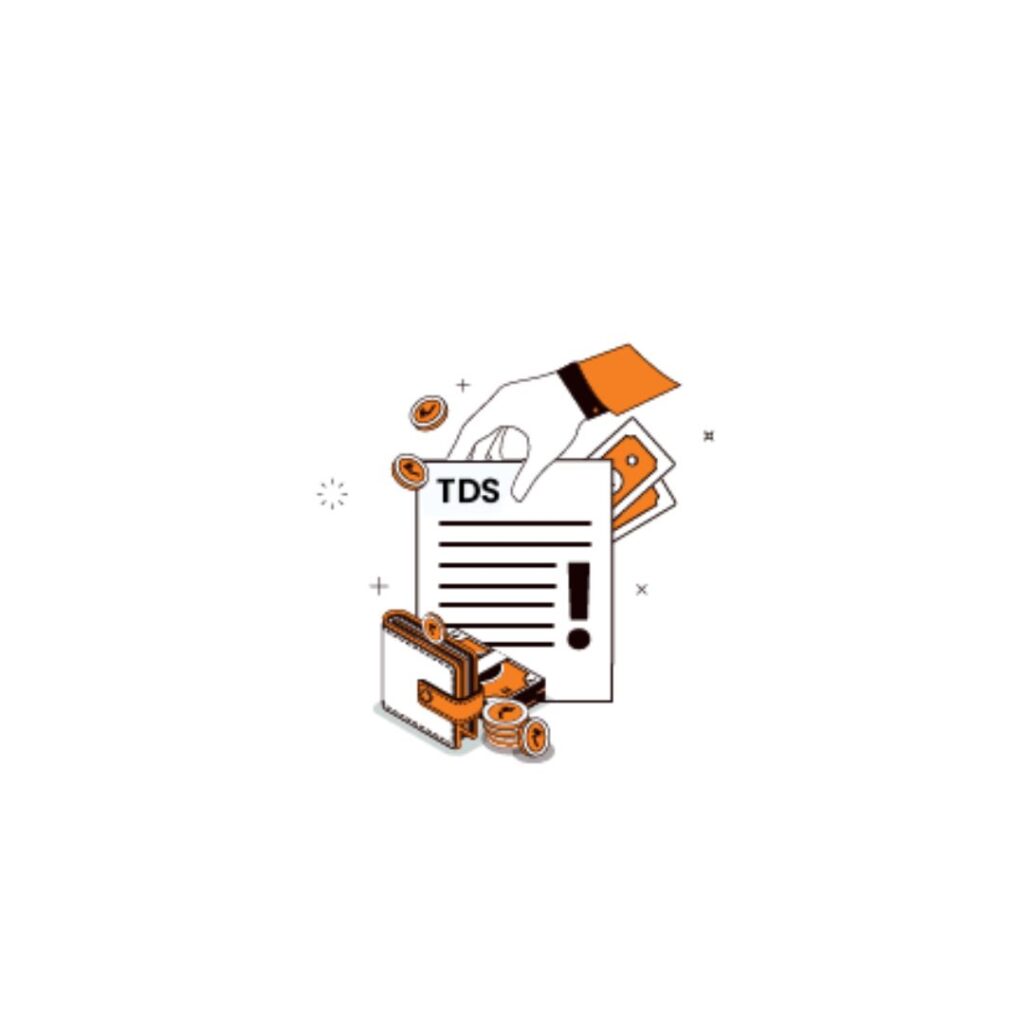Compliance of TDS (Tax Deducted at Source) provision is essential for individuals and businesses responsible for deducting and remitting TDS. The compliance requirements can vary depending on the country and its tax laws.
Here are some common compliance aspects of TDS provisions:
TDS Registration:
Depending on the country and its tax laws, businesses or individuals responsible for deducting TDS may need to obtain a TAN (Tax Deduction and Collection Account Number) or a similar registration before deducting TDS. Compliance involves obtaining the necessary registration as per the prescribed procedure.
TDS Deduction:
Compliance with TDS provisions involves correctly identifying the payments or transactions where TDS needs to be deducted. This includes understanding the applicable TDS rates and thresholds, ensuring proper classification of payments, and deducting the appropriate amount of TDS from the payment made to the recipient.
Timely TDS Deduction and Payment:
Compliance requires deducting TDS at the time of making the payment to the recipient and remitting the deducted TDS to the government within the specified due dates. This typically involves depositing the TDS amount with the authorized bank or government portal.
TDS Return Filing:
Businesses or individuals deducting TDS are generally required to file TDS returns periodically, providing details of the TDS deducted and deposited. Compliance involves accurately preparing and filing TDS returns within the prescribed due dates, along with the necessary supporting documents.
Issuing TDS Certificates:
Compliance includes issuing TDS certificates, such as Form 16 or Form 16A, to the recipient of the payment. These certificates provide details of the TDS deducted and are essential for the recipient’s tax filing and claiming TDS credits.
TDS Reconciliation:
Compliance involves reconciling the TDS deducted and deposited with the TDS returns filed and the TDS certificates issued. This ensures accuracy in reporting and avoids discrepancies in TDS calculations.
TDS Compliance Reporting and Documentation:
Maintaining proper records and documentation related to TDS compliance is crucial. Compliance requires maintaining records of TDS deductions, TDS certificates, TDS returns filed, and other relevant documents for the prescribed period as per tax laws.
Compliance with TDS Rate Changes and Notifications:
Staying updated with changes in TDS rates, thresholds, and any notifications issued by the tax authorities is essential for maintaining compliance with TDS provisions.
It’s important to note that Compliance of TDS Provision requirements can differ among countries, and the above points are general guidelines. It is advisable to refer to the specific tax laws and regulations of your country, consult with a tax professional.
Or refer to the official tax department website to understand the detailed compliance requirements for TDS in your jurisdiction.
To visit: https://www.incometax.gov.in

